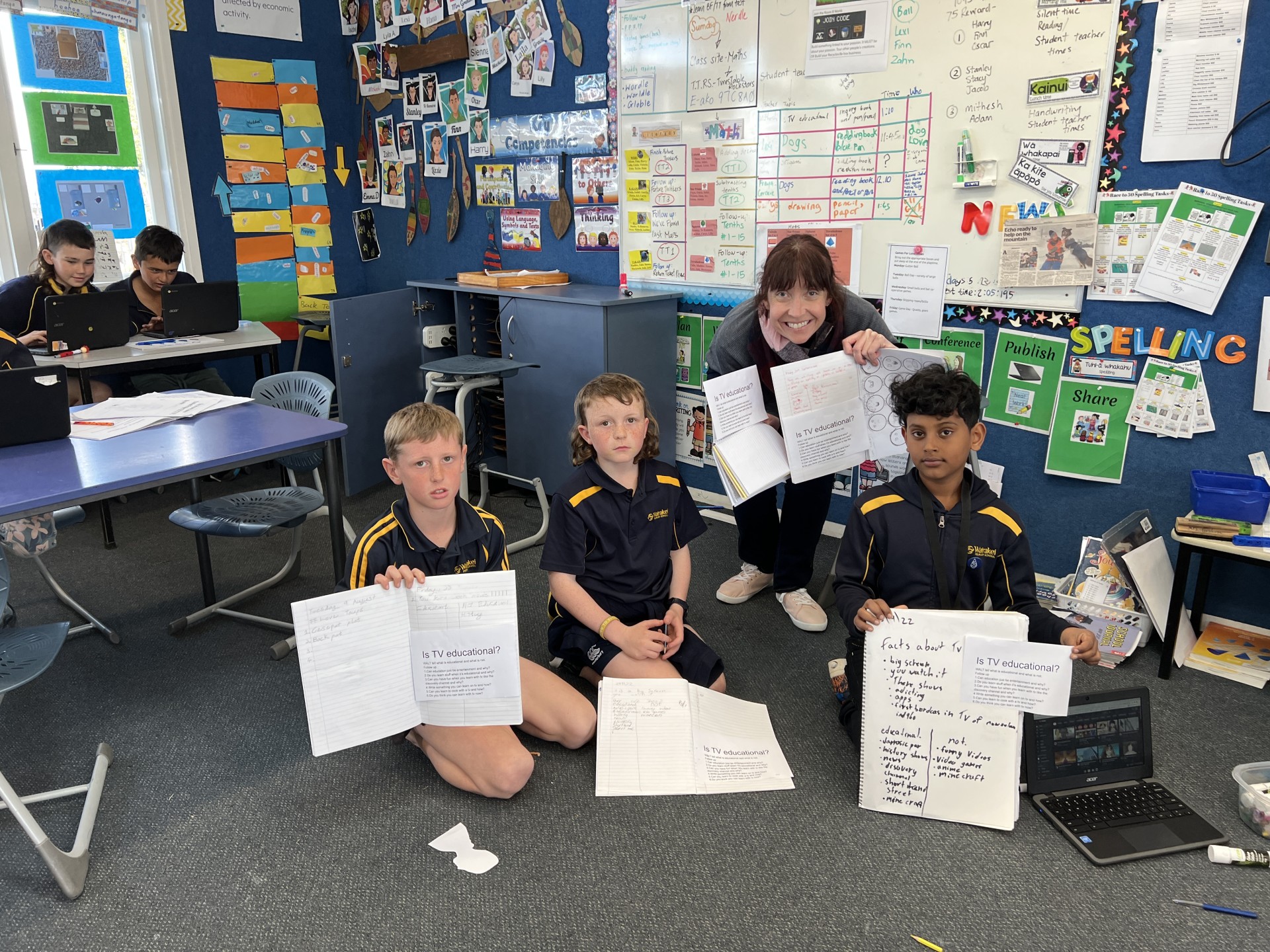Tasks included making a model to share, undertaking a statistical investigation, creating a digital version of their passion through Minecraft Education, and teaching others about their passion through a student-led workshop.
Student-led workshops proved to be the most interesting and motivating task for students as they were able to choose what they wanted to teach and what the follow-up task would be. Students developed a number of key competencies as they planned, organised, and taught their lesson to a small group.
“Key competencies matter because things have changed… There has been enormous change in the nature of societies, change in the nature of work, change in how knowledge is viewed, and change in technologies, to name just a few. Those changes, and the certainty of ongoing change, have implications for the kind of education our young people require… It is no longer sufficient for students to merely acquire knowledge and master skills. Students need opportunities to develop their capability as users of knowledge and skills in wide-ranging contexts now and in the future. They also need to be capable of using those competencies in diverse contexts – at school, in the community, at home, with friends, (and) with peers.” (Key competencies, TKI)
Key competencies are the capabilities people have, and need to develop, to live and learn today and in the future. The five Key competencies, as outlined in the New Zealand curriculum, are:
-
Thinking
-
Relating to others
-
Using language, symbols, and texts
-
Managing self
-
Participating and contributing
Completing a student-led teaching workshop allowed students to grow in all of the above areas, developing agency over their own learning. “Students have a sense of agency when they feel in control of things that happen around them; when they feel that they can influence events. This is an important sense for learners to develop. They need to be active participants in their learning.” (Learner agency, TKI)
I was a bit shy but it was a lot of fun. Most of them (the students) had good manners because they spoke kindly when telling me their dog stories.
I liked people listening to me and I liked the opportunity to share my knowledge.
I loved it! It was so much fun. Lots of people came to my ‘teacher time’ and we learned about keeping dogs healthy.
I found it trickier than I thought it would be because people were calling out during my lesson.
It was so neat to watch the students taking ownership of their passions and share their knowledge during ‘teacher time’ with their peers.
It was exciting to watch students’ confidence grow as they shared their passion. They were able to ask questions, establish their learners’ prior knowledge, make connections to new learning, and check progress with a response task. Students were empowered by the genuine interest of others into what is important to them and their pride was evident.


Comments are disabled for this post.